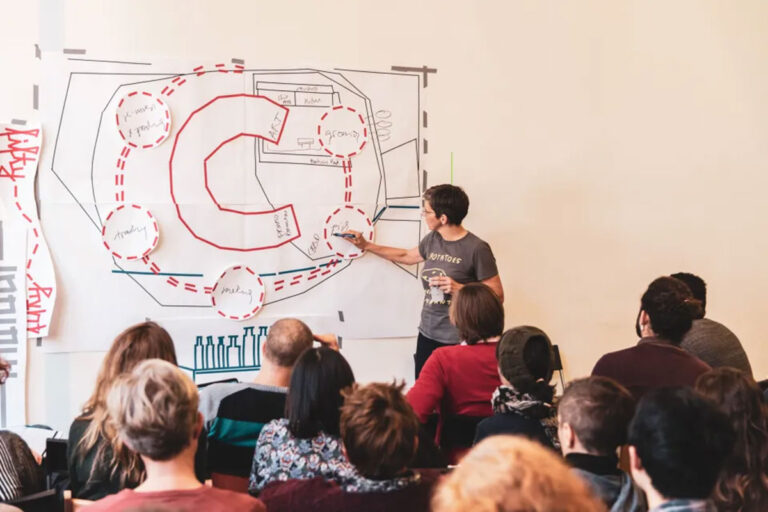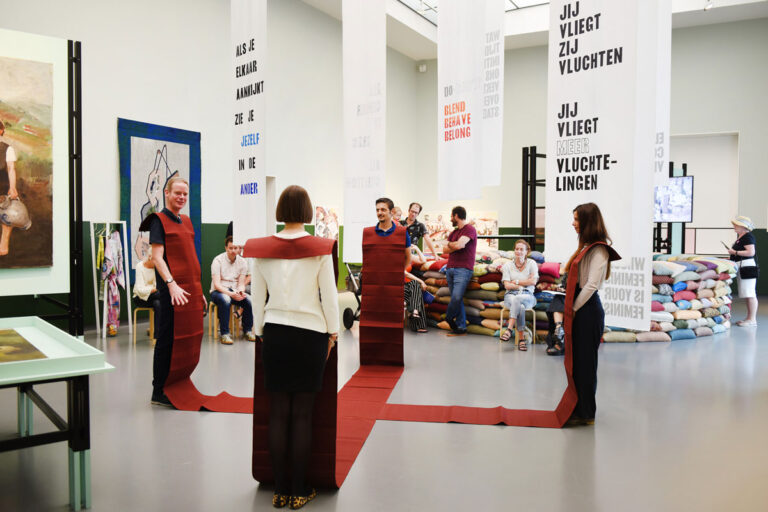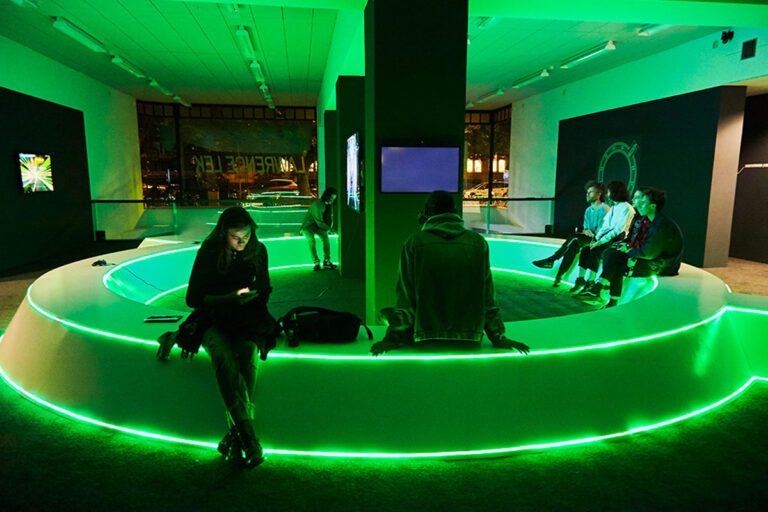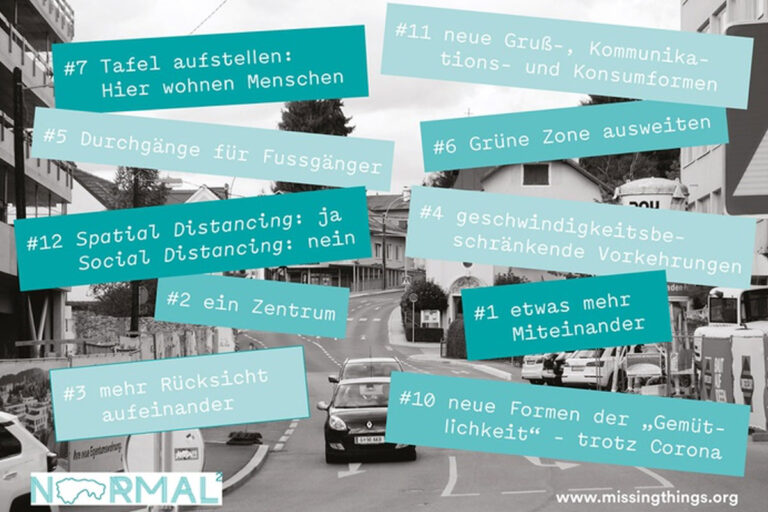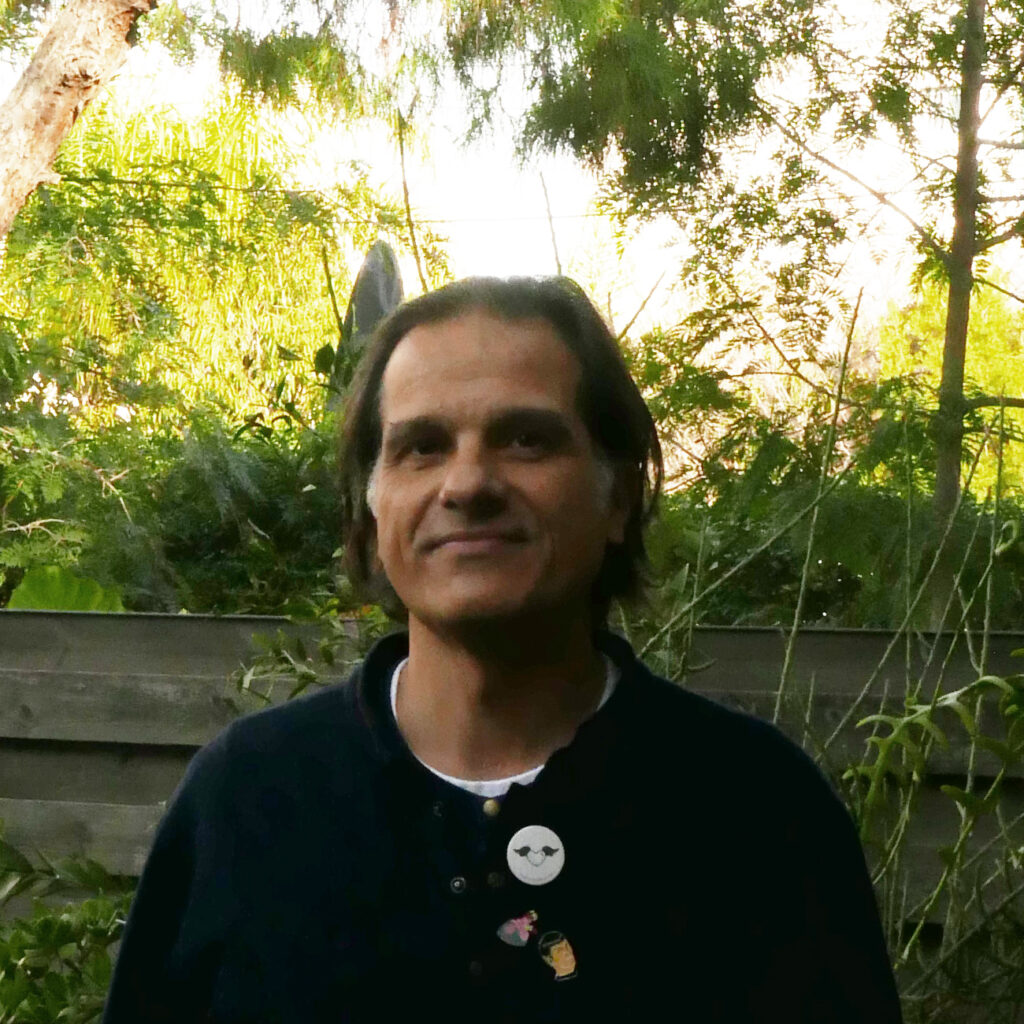SPACEX responds to the troubling rise of populist nationalism and conflict in European societies by engaging new publics and forging a culture that embraces diversity, difference, and discursive exchange within cities, towns and urban sites.
Spatial Practices in Art and ArChitecture for Empathetic EXchange (SPACEX) is a transdisciplinary research action that utilises secondments between academic institutions and third sector organisations in order to scope and map European spatial practices.
Project Team & Work Package Leads
Research context
SPACEX responds to the troubling rise of populist nationalism and conflict in European societies by engaging new publics and forging a culture that embraces diversity, difference, and discursive exchange within cities, towns and urban sites.
The lack of interdisciplinary knowledge by those working in the cultural sector has significantly affected the way in which the social benefit of cultural activities is understood, articulated and applied. SPACEX proposes that inventing new and inclusive ways of living together, requires the implementation of new transdisciplinary and cross-sectoral practices and methods, that connect spatial practice with cultural sociology, cultural policy, critical pedagogies and behavioural economics.
The comprehensive transdisciplinary composition of the SPACEX consortium- 29 beneficiaries comprising of 13 universities and academies and 16 cultural organisations, across 11 EU countries with 1 partner in Palestine – will enable its researchers to undertake secondments in a range of world-renowned academic institutions, research institutes, arts organizations, biennials, urban agencies and a film festival.
